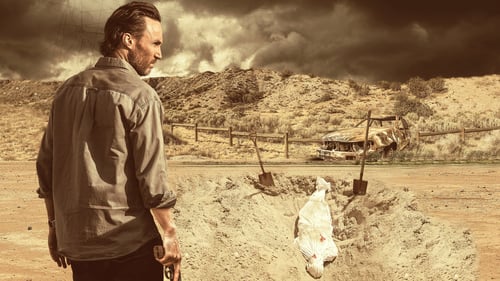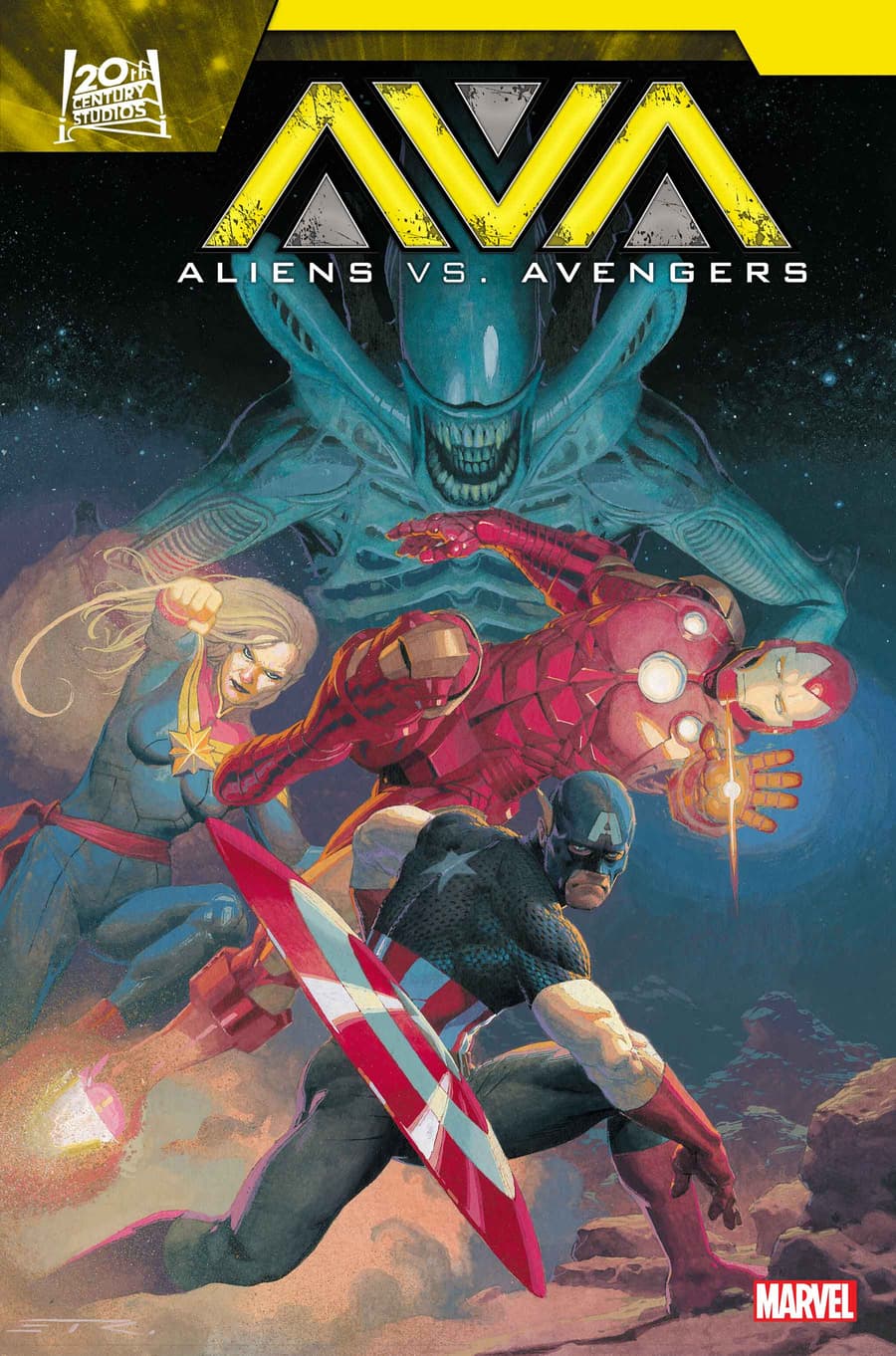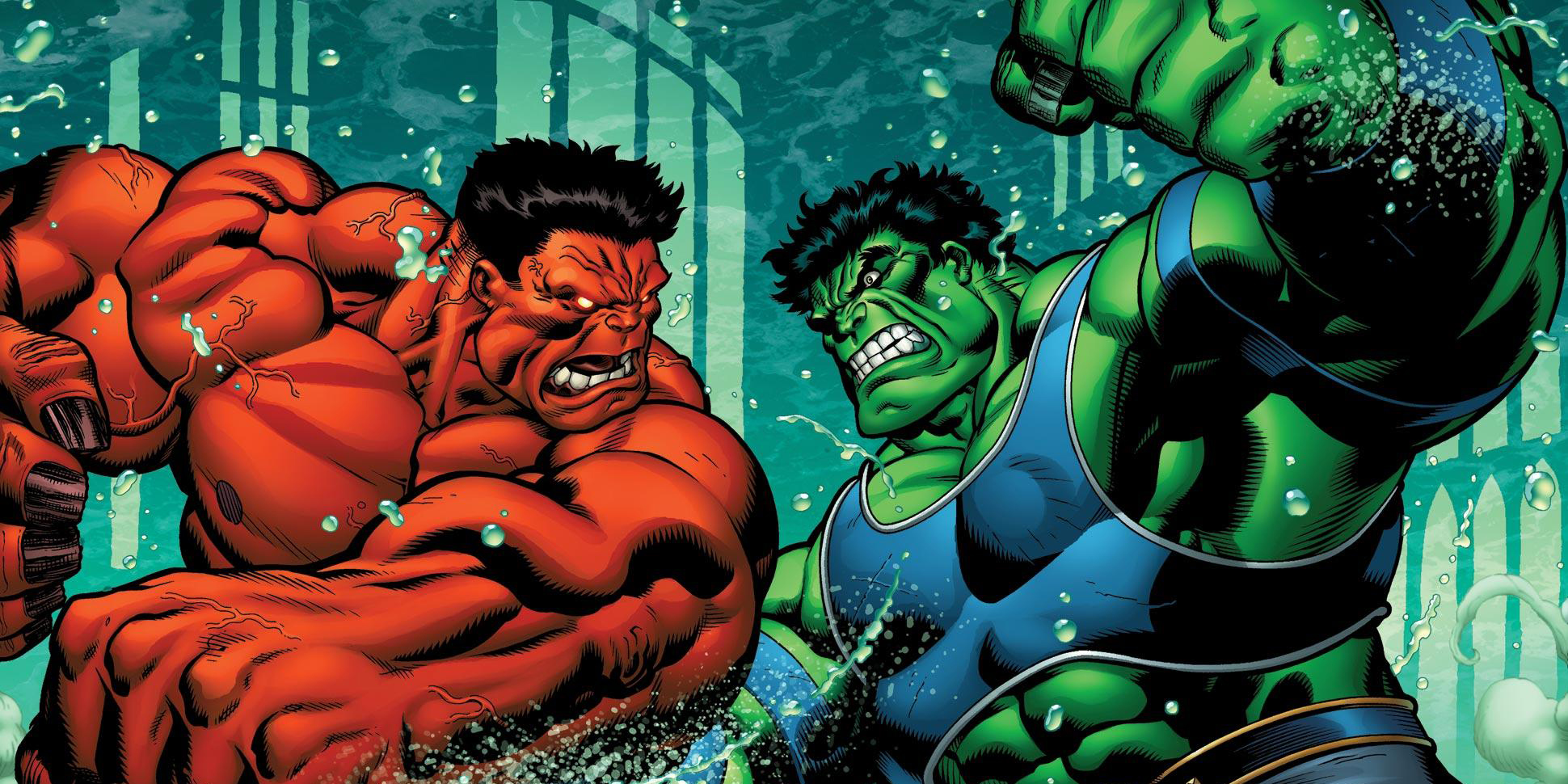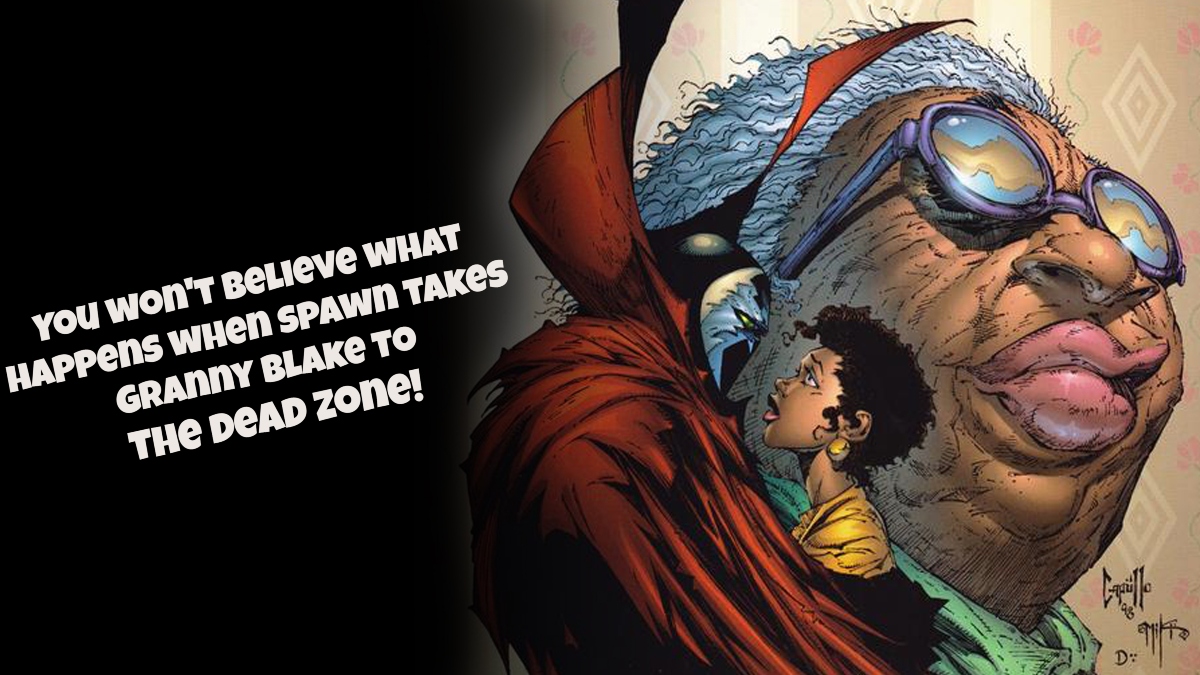In John Steinbeck’s The Grapes of Wrath, poor tenant farmers faced desperation from the Dust Bowl during the Great Depression as they seek opportunities in California.
Decades later, California faced a severe drought that farmers became desperate to secure their survival.
Frederick Cipoletti’s Desolate, is set in a drought-like setting in which a family desperately turned towards a criminal activity to ensure their survival. As things go wrong, one brother was betrayed and left for dead in a familiar place, he must endure, survive and seek revenge.
The film stars Will Brittain, Callan Mulvey, Tyson Ritter and Bill Tangradi. Cipoletti directed the film and wrote the script with Jonathan Rosenthal.
LRM Online exclusively spoke with Cipoletti over the phone about the origins of the story, the setting and seeking locations.
Desolate is playing in select theaters and available on digital today.
Read our exclusive interview below.
LRM: I’ve checked out your film. Could you tell me where the original idea came from for Desolate?
Frederick Cipoletti: It was original concept. I was living in Los Angeles at the time and my wife who is from Northern California. We were just driving up north and at the time when the drought was really bad in California at the moment.All the rolling hills are just all dried out. You’ll see some of the signs everywhere put out on the farm by the farmers. Help us from the drought and who’s to blame. I was thinking of ideas for scripts at the time with my co-writer on the film with Jonathan [Rosenthal]. We thought that we should do a movie set in this world. This is kind of where it came from and where it was born.
LRM: Just of curiosity, the time period, was this world in the past or in the future?
Frederick Cipoletti: Actually, it’s near future. A lot of people ask that. When you go out there, those are actual like locations. We noticed that everyone living out in this area, you’re so close to a major city like San Francisco, yet they don’t really leave that area. Farming is all they know and that’s all they really care about. All their families there. They all live on the property and with multiple houses.You go into some houses and there’s landline phones and the TVs are from the 60s. It’s almost like technology is not really a big deal to them or there’s no need for anything like that. When we were writing it, we just scaled things back. I thought it added to the world a little bit. That’s how it was at the location that we saw. There’s really no technology or new cars. If there was a situation, like a drought, like the first thing that would go would be any expensive items or new items. That’s kind of why it has that feel.
LRM: [Laughs] I know. The very first thing when I was watching the movie was that everyone’s still using landlines. I guess you already knew that. [Laughs]
Frederick Cipoletti: Honestly, just by going there, that was something like we were shocked by actually going onto certain properties. Certain farmers that actually helped us with locations, who were background in the film or had some role in it. It was all consistent and they all kind of knew each other. No one had a new car. No one had a new tractor. They’re all old, with outdated parts that he was working on. It just gives you ideas of things. It lets you understand that world a little bit more being around everyone. The first thing that’s going go in a drought is anything really that’s expensive. It’s either going to get stolen or be sold off.
LRM: Was it easy to recreate these sets?
Frederick Cipoletti: Yes. Honestly, a lot of the places that we got had that look ready. Our set department was unbelievable. Carlos [Laszlo], our production designer, already had that kind of feel to him for that dirty, grimy kind of feel. That was a perfect fit for us. We were on a small budget and were able to accomplish that by finding practical stuff that had all those items in it. It really helped us.
LRM: Which area where these farms located that you decided for production?
Frederick Cipoletti: We shot in Gilroy, California, majority of the time. There was some stuff shot in Hollister, California, which is in northern California.
LRM: You’re talking about the garlic capital of the world here.
Frederick Cipoletti: Yeah, exactly.
LRM: I guess that’s pretty ironic since they have one of the largest outlet malls just down the street from those farms. [Laughs]
Frederick Cipoletti: That’s what I’m saying. It’s like an hour from San Francisco or three hours from Los Angeles. It’s very odd to go into the towns and see that they really don’t like to leave that community too often, honestly.
LRM: I’m personally from the Central Valley in the Fresno area. Your movie really portrays a drought like conditions. Were there drought like conditions out there towards the coastal farms?
Frederick Cipoletti: Yeah. At the time, there were. We talked to a lot of farmers that we met up there. It wasn’t a major issue, it was expensive. Water is expensive. The drier it is, the more expensive things get. It might’ve not been a dire situation, but they were feeling it financially. They were affected by the drought. When we filmed this over two years ago, there was a real situation going on at the moment.
LRM: Let’s talk about the storyline a little bit. Tell me how you wanted to basically base the main storyline off a family of brothers.
Frederick Cipoletti: When set the world, we asked what would be realistic in this world. We figured it would probably be a family like we saw when we were going to look at locations up there. They’re living in a certain area. They all lived on the property. We wanted to do a family. The situation is desperation and needing to provide for your family. They would probably get into a crime situation if it was a survival situation. We started just developing the characters and where they were at that point during the drought. They didn’t really have much hope left. You’re not going to have this warm environment. It’s very repetitive, very isolated.
You’re not going to have that tight knit group as you once had. Once we had that going, we were looked they do in that situation if they did get some money and had an opportunity to get out. Ideally you want to stick together, but I think a lot of people would think on they can get out of the situation or were thinking a little selfishly that it is a temporary situation and how far can that money go. That’s how we came up with it and developed the character stories.
LRM: Talk about the casting of the four brothers. Why were they so perfect?
Frederick Cipoletti: First off, we got with Will Brittain, who was brought to us by his agent. I’d never met him before, but we sat down and he was the first person I met for Billy. We just hit it off. He’s from Texas originally and he just knew the world. He felt like he would be perfect for the character and I did as well. So he actually came on right away.
After that, it was through our casting director, mutual friends and other recommendations from agencies. We started casting and looking at reels and finding people who had the background in certain films that I felt would be great for this. It kind of came together quite quickly. Honestly. We got really lucky with the actors that were brought to us. It just all worked.
LRM: The secondary part of the story that I actually also found fascinating is that you could have use any type of criminal cartel, but you basically base it off a human trafficking cartel. Could you actually talk about the development of that part of the story?
Frederick Cipoletti: We were thinking of what would be used as currency in a certain world that didn’t have a currency. We thought human trafficking would happen in that situation. There’s no money to rob. What do you do? You use people. That’s where that came about and we just kind of developed it from there and just kind of ran with it. Through casting, we kind of tailored it more to the script.
LRM: Which Asians did you get involved on before the syndicate? I couldn’t tell with the language myself.
Frederick Cipoletti: Chinese. They spoke Mandarin. A lot of the actors spoke Mandarin, which is great. It actually due to casting. We wanted a diverse group. We were presented with a lot of actors for each role. We developed these characters based on who was brought to us by casting. We just rolled with it.
LRM: With being a small budget to film something like this, you’re probably faced many challenges. What do you suppose was the greatest difficulty for yourself?
Frederick Cipoletti: Definitely the location. The locations were extremely tough to get. It’s so vast and the world is supposed to be during the drought. To find those locations that are actually could be used as practical. We wanted realistic locations. We didn’t want to do this on a set. A lot of people chose to film something like this in the desert. We wanted to get away from that. We wanted the practical locations and actual ranches. We might find a beautiful plot of land that would be perfect for a scene, but didn’t technically wasn’t a functioning ranch. There was some with no ranch house on it. There was no people that lived on that property. We had to go to the next thing to find areas that were fit the description of the script to get a wide shot. Also to negotiate and get a location for the property was also a task in hand.
LRM: I noticed that I’m talking to you that you’re from Los Angeles. Why did you go all the way towards like Northern California for something like this? Wasn’t there something closer?
Frederick Cipoletti: We were looking for locations that were a little spread out. In Los Angeles, you couldn’t get the wide shots, because there would be like too many houses in the proximity or in the background. The further that we went north, we found that it was a little bit more spread out and we can kind of get those kind of wide shots, the aerial shots and without having to take things out if we were filming close to Los Angeles. We tried it, honestly. We looked for a long time, outside the Los Angeles area and just nothing. Nothing was really working. It was a little bit more greener. The more north we went, it was drier and drier. We had to do it that way.
LRM: That explains a lot. I don’t know if anyone told you, but while I was watching this film, I was getting a sense of a modern western type of feel. Was that something you were going for?
Frederick Cipoletti: Not necessarily that I wanted make a western. It’s definitely a modern western for sure. The intention was written to be a modern western, but call it like it is–it is a modern western
LRM: Excellent. Hey, thank you very much for this conversation and I really hope that you stick with the modern Western. We need more of those. Appreciate it.
Frederick Cipoletti: Thank you.
Desolate is playing in select theaters and available on digital today.
Source: LRM Online Exclusive

 FOR FANBOYS, BY FANBOYS
Have you checked out LRM Online’s official podcasts and videos on The Genreverse Podcast Network? Available on YouTube and all your favorite podcast apps, This multimedia empire includes The Daily CoG, Breaking Geek Radio: The Podcast, GeekScholars Movie News, Anime-Versal Review Podcast, and our Star Wars dedicated podcast The Cantina. Check it out by listening on all your favorite podcast apps, or watching on YouTube!
Subscribe on: Apple Podcasts | Spotify | SoundCloud | Stitcher | Google Play
FOR FANBOYS, BY FANBOYS
Have you checked out LRM Online’s official podcasts and videos on The Genreverse Podcast Network? Available on YouTube and all your favorite podcast apps, This multimedia empire includes The Daily CoG, Breaking Geek Radio: The Podcast, GeekScholars Movie News, Anime-Versal Review Podcast, and our Star Wars dedicated podcast The Cantina. Check it out by listening on all your favorite podcast apps, or watching on YouTube!
Subscribe on: Apple Podcasts | Spotify | SoundCloud | Stitcher | Google Play




